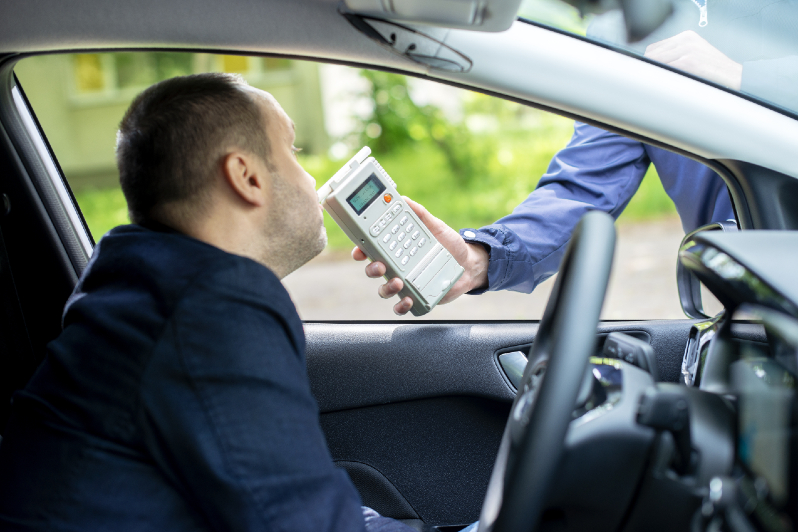

Each year, many people in Louisiana are charged with DUI. Some of these charges are a result of police officers stopping drivers for alarming driving behavior. However, a good number of these charges occur as a result of sobriety checkpoints. Unlike regular traffic stops that require officers to have a reason for pulling someone over, sobriety checkpoints do not require “reasonable suspicion.” This means that even if an individual did not exhibit unsafe driving practices but had been drinking, they could face DUI charges from having their blood alcohol content (BAC) measured at a sobriety checkpoint.
If you are a Louisiana resident, it’s important to be aware of state sobriety checkpoints. Here is some helpful information about how sobriety checkpoints work in Louisiana.
What Is a Sobriety Checkpoint?
Sobriety checkpoints are designated areas in which police officers are lawfully allowed to stop vehicles at predetermined time intervals and check for signs of intoxicated driving. This means that if an officer legally pulls over a vehicle at a checkpoint at a chosen time interval and they show some sign of intoxication—such as slurred speech or alcohol on their breath—the officer can perform a field sobriety test and potentially pursue DUI charges. These checkpoints are meant to serve as a fear tactic, encouraging drivers to not drive while under the influence. It’s important to note that checkpoints must be publicized and visible to drivers on the road.
Are Sobriety Checkpoints Legal?
In the U.S., there are 38 states in which sobriety checkpoints are legal—Louisiana included. There have been certain challenges to the constitutionality of sobriety checkpoints. However, all the lawsuits against sobriety checkpoints have not been successful in the Supreme Court.
While courts continue to recognize the legality of sobriety checkpoints, these safety “procedures” must be conducted in a lawful manner. By law, law enforcement agencies are required to plan sobriety checkpoints in advance, establish predetermined time intervals for stopping vehicles, and ensure the checkpoints are clearly marked and well-publicized.
Do Sobriety Checkpoints Reduce Drunk Driving?
Research from the CDC along with the National Highway Traffic Safety Administration found that checkpoints are effective at reducing alcohol-related car accidents. In fact, their findings suggest that these checkpoints can reduce intoxicated driving crashes by up to 20%. A different study found that sobriety checkpoints were much more effective in highly trafficked areas, such as cities or downtowns, and less effective in rural townships.
What Should I Do If I Was Under the Influence and Stopped at a Sobriety Checkpoint?
If you were stopped at a sobriety checkpoint and charged with a DUI or DWI, it’s imperative to seek legal counsel from an experienced Louisiana DUI and DWI defense attorney. An experienced lawyer can review the checkpoint you were stopped at and determine if it was conducted legally. If the law enforcement officers violated any legal requirements for running a sobriety checkpoint, your lawyer can develop a strong defense. Additionally, a skilled attorney may be able to challenge the validity of any chemical BAC tests or field sobriety tests that were performed.
Contact a Louisiana DUI and DWI Defense Attorney
If you are facing DUI or DWI charges as a result of being pulled over at a sobriety checkpoint, seek legal counsel right away. At John D. & Eric G. Johnson Law Firm, we have the expertise and experience to best represent your case in court.
Attorney Eric Johnson knows how to devise a winning defense strategy. With over 25 years of experience, he is a problem solver who is committed to thoroughly investigating your case. To schedule a free consultation, call (318) 377-1555 or complete our online contact form.
